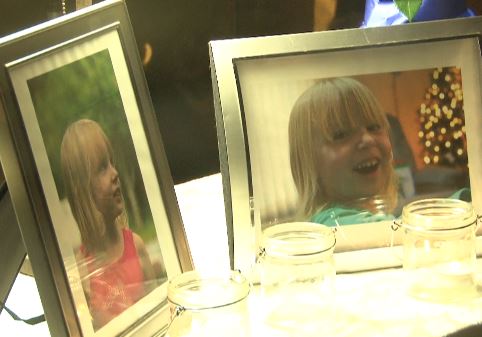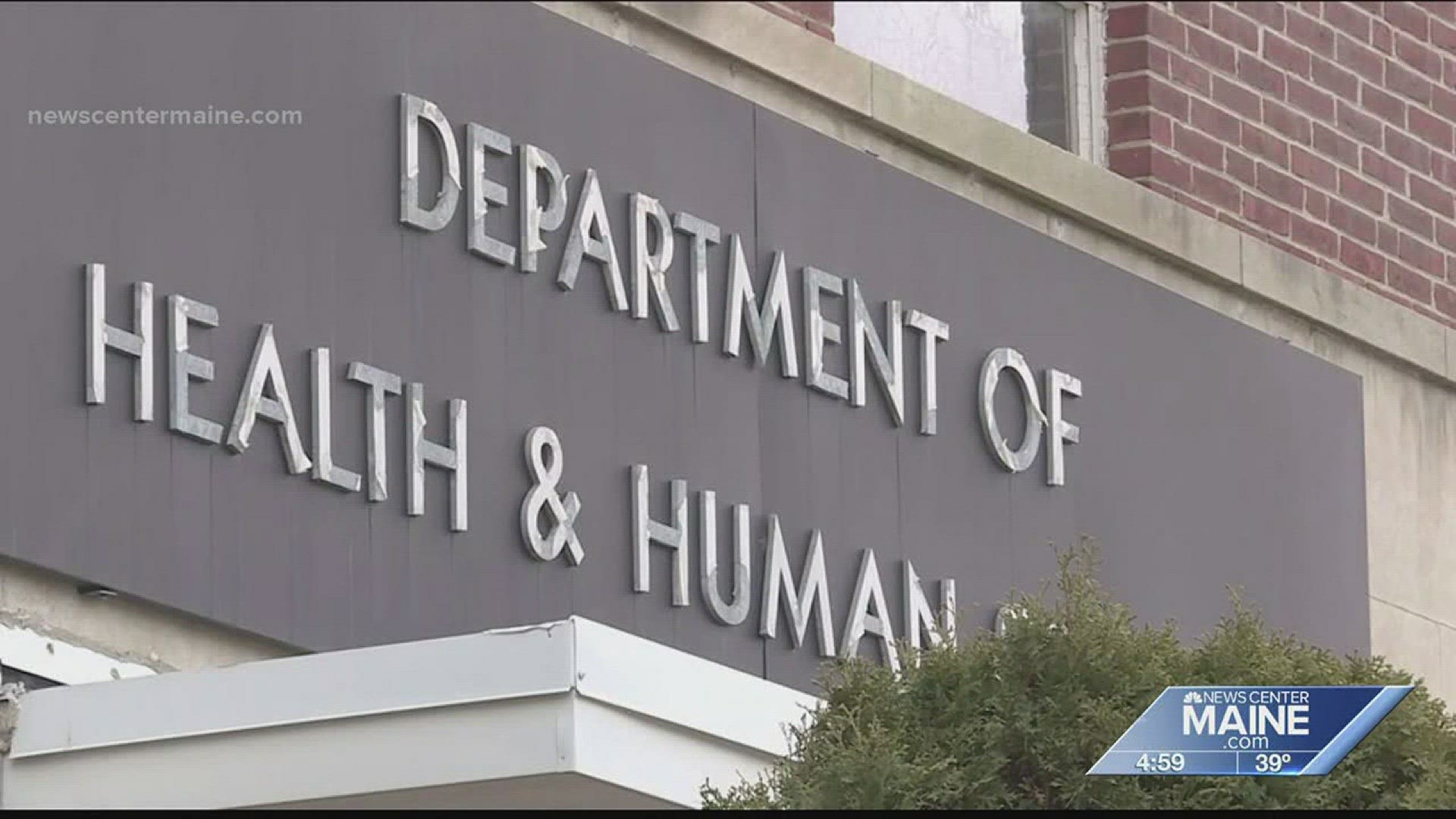AUGUSTA (NEWS CENTER Maine) - An investigation into Maine's Child Welfare Services found that the Department of Health and Human Services failed to "recognize risk to children in their parents' care" in multiple cases in the 2017 Fiscal Year.
This comes after the murder of 10-year-old Marissa Kennedy, who was allegedly killed by her mother and stepfather after enduring months of physical abuse. Before moving to Stockton Springs and attending school in Searsport, Marissa lived and went to school in Bangor. We know that the Bangor police were called to her family's home on at least six occasions. Marissa's school in Bangor also filed multiple complaints of suspected abuse to DHHS, according to the superintendent. She had not shown up for school at Searsport Elementary since November, according to State Police.

To date, DHHS has been silent on the department's handling of the case, citing state privacy laws.
An ombudsman is a neutral official appointed to investigate complaints against government agencies. The Child Welfare Services Ombudsman, Christine Alberi, "provides neutral investigations of complaints" against the Maine DHHS Office of Child and Family Services.
The 2017 annual report found that of the 112 cases it opened in its yearlong investigation, multiple cases involved failure to follow assessment policy, failure to follow safety planning policy, and failure to recognize children who were at risk in their parents' care.
The report says this concern "continues to be at the forefront" of recommendations made to DHHS every year. It says, "When assessments policy is not followed, either through lack of contact with children [or] parents...this can put children at risk both in the short and long term."
In response to the Ombudsman's report and recommendations, the DHHS Office of Child and Family Services "acknowledges there is need to strengthen" the practice of following assessment policy statewide. That policy includes completing monthly face-to-face contact with members in high-risk abuse cases.
The annual report says that of the 112 cases opened by the Ombudsman's office, most were handled "competently and with no major violations of policy or law." The office looked into 504 complaints and chose to open 112 as cases to investigate.
The majority of cases investigated were in the districts including Biddeford, Lewiston, Augusta and Bangor. Only four cases were considered valid -- meaning they have merit and change can be made -- and resolved. Twenty cases were considered valid, but were not resolved, because they involved "events that had already occurred," meaning no change could be made. Another 47 cases were considered "not valid."
The gender of the 202 children involved in these cases was split nearly down the middle, with 48 percent female and 52 percent male. The large majority of children were younger than eight years old. Seventeen percent were in Marissa Kennedy's age category, 9-12 years old. We do not know if Marissa's case was one of the 112 investigated.
You can read the full report by the ombudsman here.

